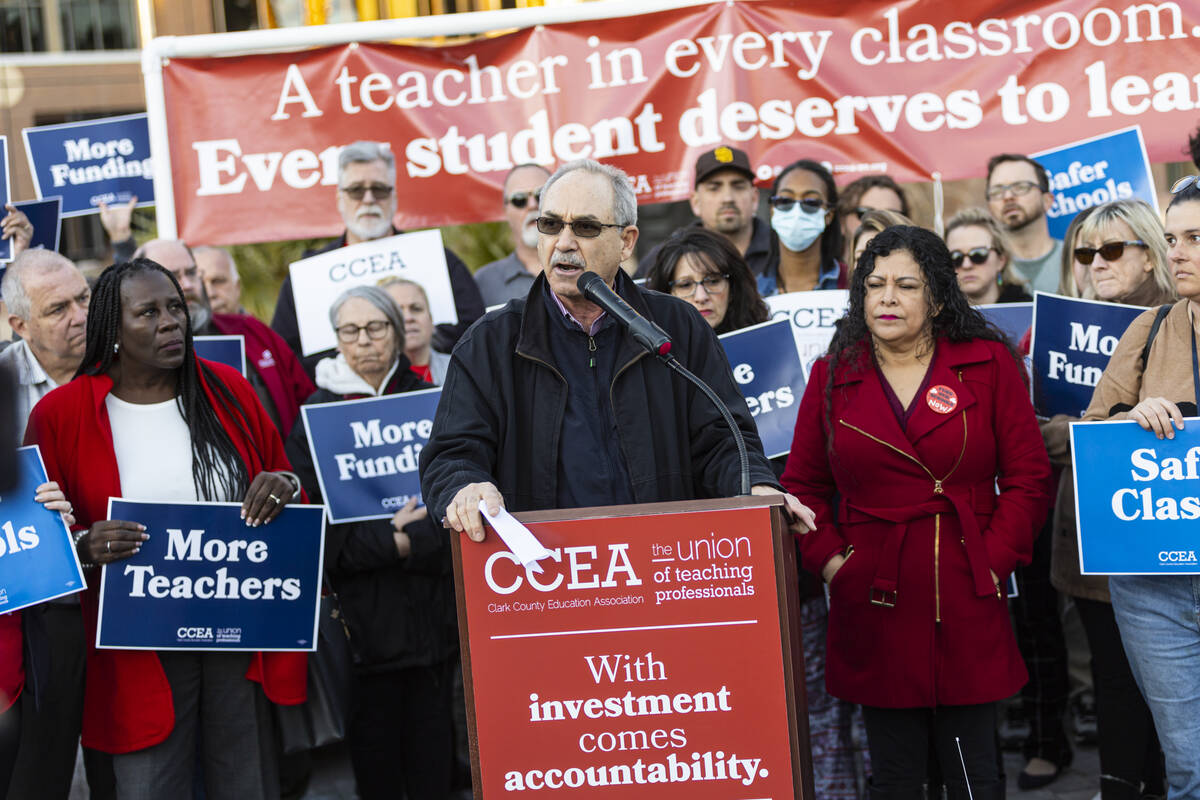Nevada Governor Joe Lombardo has shifted his political alliances by securing the endorsement of the Clark County Education Association (CCEA), a significant teachers union, for his second term. This endorsement highlights Lombardo’s recent approval of $2.5 billion in new education funding and substantial pay raises for teachers. Lombardo expressed his appreciation for the endorsement, calling it an “honor” to receive backing from “the largest and fastest growing teachers union in the country.”
This endorsement marks a notable departure from Lombardo’s campaign rhetoric in 2022, where he positioned himself as a champion of school choice. During that election cycle, he joined forces with figures like Virginia Governor Glenn Youngkin to rally parents against what he described as an ineffective education system. His campaign website emphasized the need for systemic change, stating, “Our education system is failing our students and teachers, and systemic change is long overdue.”
In his inaugural address, Lombardo reiterated his commitment to school choice, declaring it a top priority. However, the political landscape has proven challenging, with Democrats controlling the state legislature. Critics argue that Lombardo has compromised his original platform by prioritizing the support of the CCEA over his previous commitments to school choice advocates.
A key move in this shift occurred before the 2023 legislative session when Lombardo proposed education funding that aligned with the demands of the CCEA and Democratic lawmakers, while failing to secure any concessions for school choice proponents. This decision raised concerns among his former supporters about his dedication to their cause.
Lombardo’s approach during the 2025 session further exemplified this shift. While he touted the achievement of “open enrollment” in the Clark County School District (CCSD), this initiative involved merely renaming an existing program. According to the district’s recap of its October 9 board meeting, the “Change of School Assignment (COSA)” process will now be known as “Open Enrollment,” with no significant changes to its operation.
In contrast, Lombardo’s agreement with the CCEA has already resulted in a major legislative victory for the union. He signed a bill permitting teachers to strike at individual schools, a significant alteration from the previous prohibition on teacher sickouts. This development is expected to enhance the union’s negotiating power, potentially leading to higher costs for taxpayers without a corresponding improvement in educational outcomes.
The trajectory of Lombardo’s governorship raises questions about the long-term implications for Nevada’s education system. Historical precedent suggests that governors in similar positions, such as the past two Republican governors who secured second terms, have successfully proposed record tax increases. Lombardo has publicly pledged not to raise taxes, but skepticism remains among parents and critics regarding his reliability in this commitment.
As Lombardo navigates this complex political landscape, the impact of his decisions on Nevada’s education system will be closely scrutinized. Balancing the interests of various stakeholders while remaining true to his original campaign promises poses a significant challenge for the governor moving forward.
